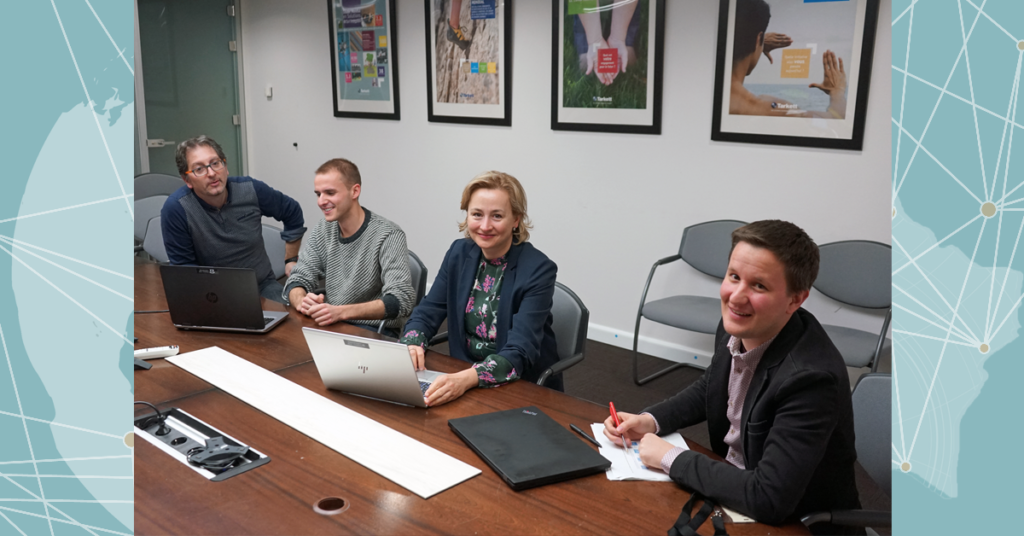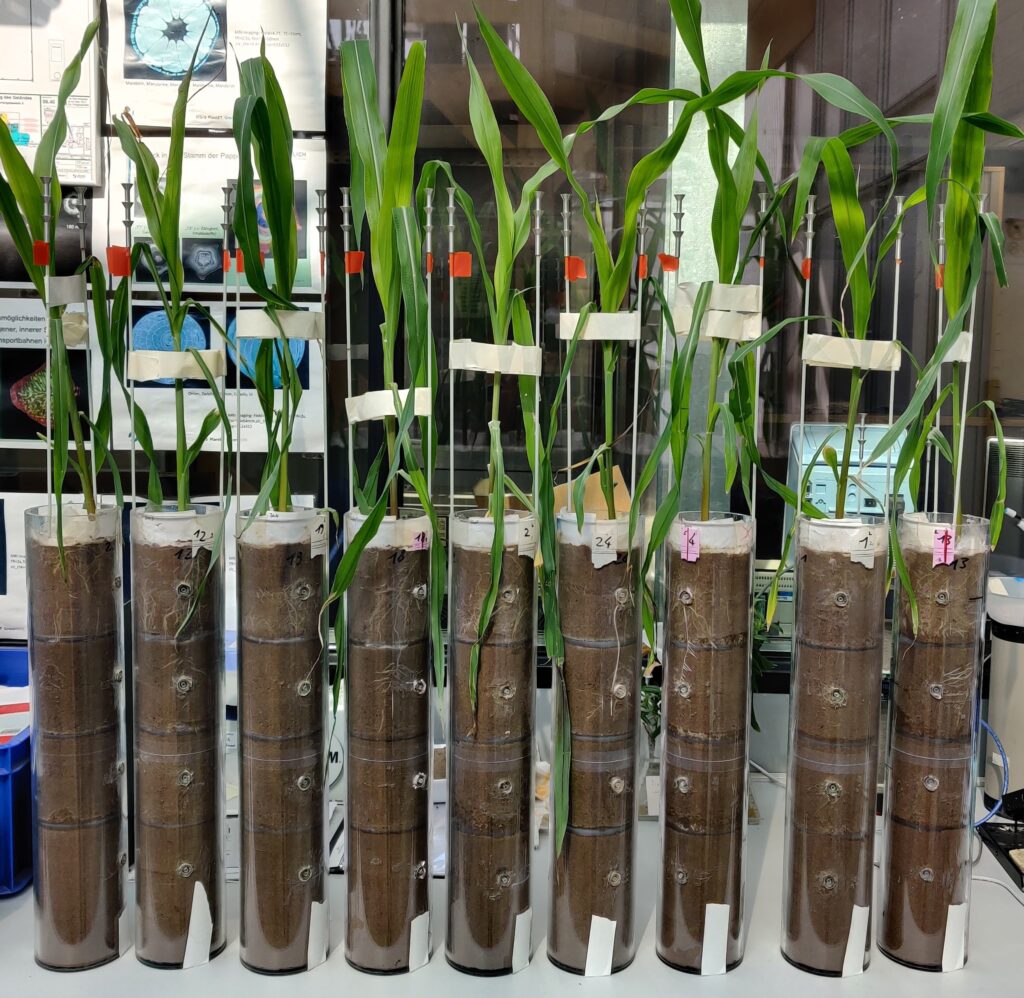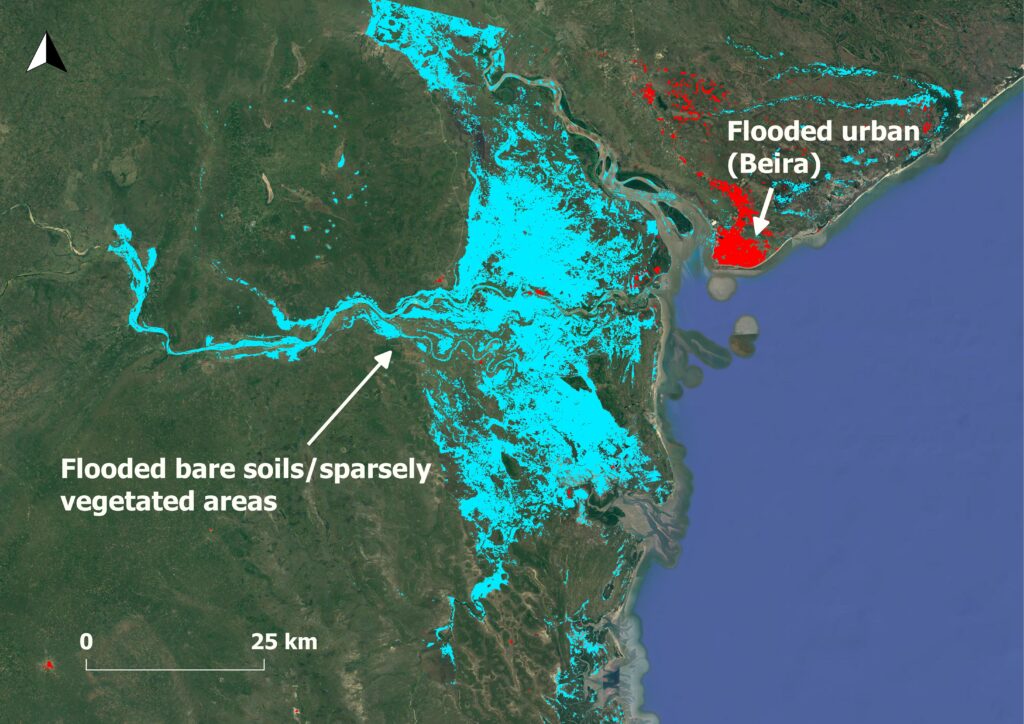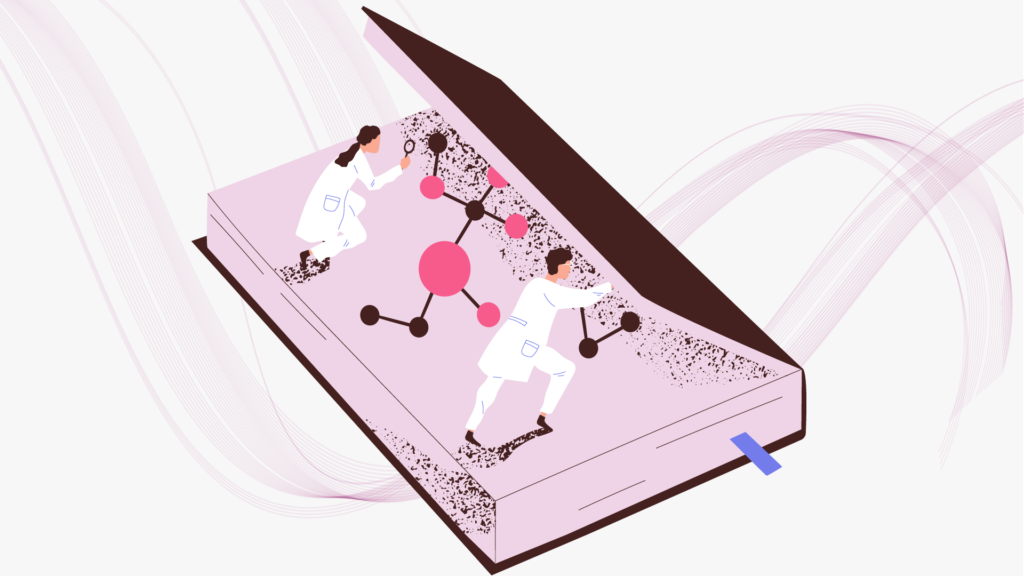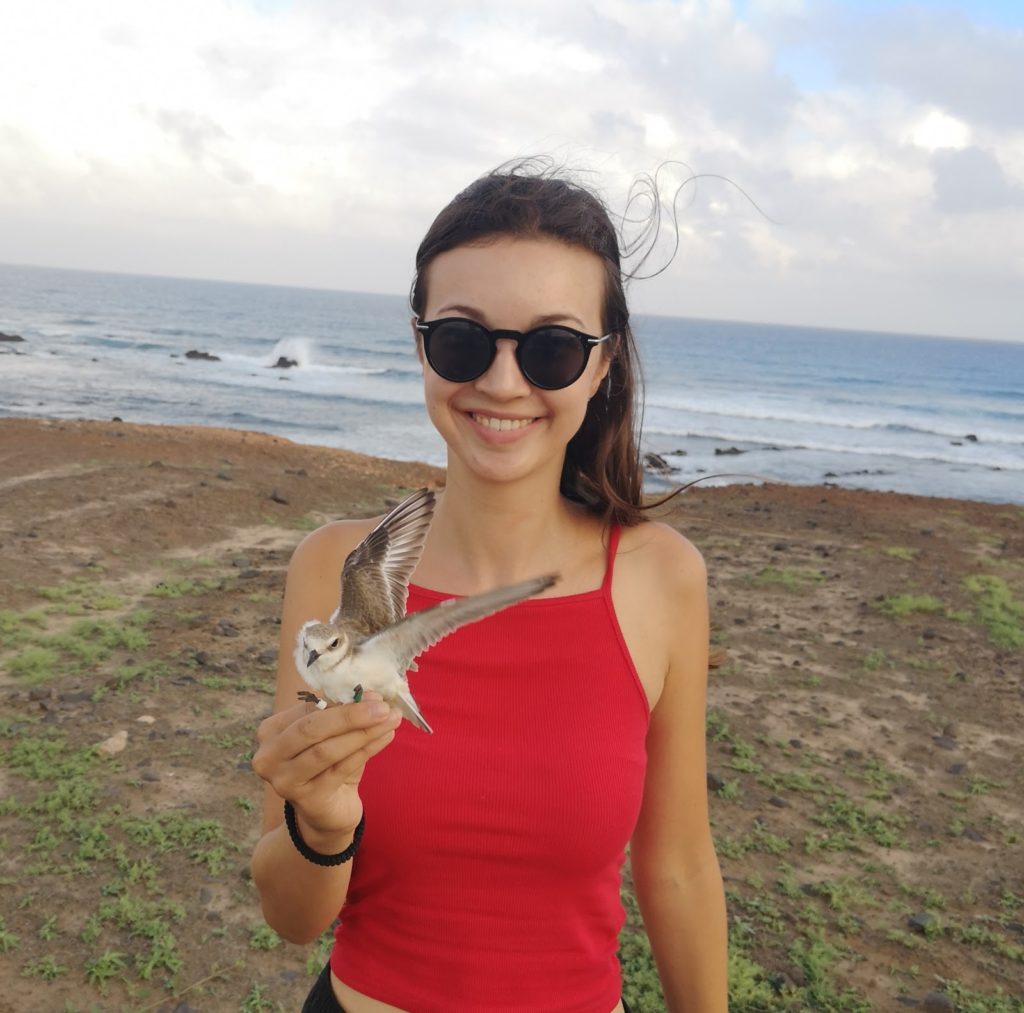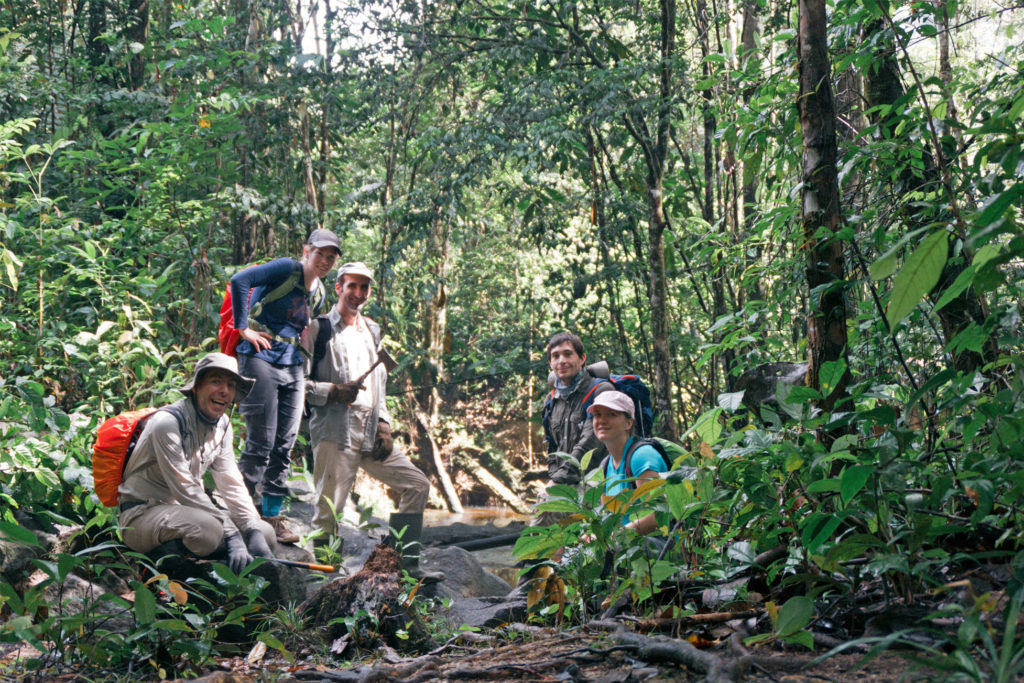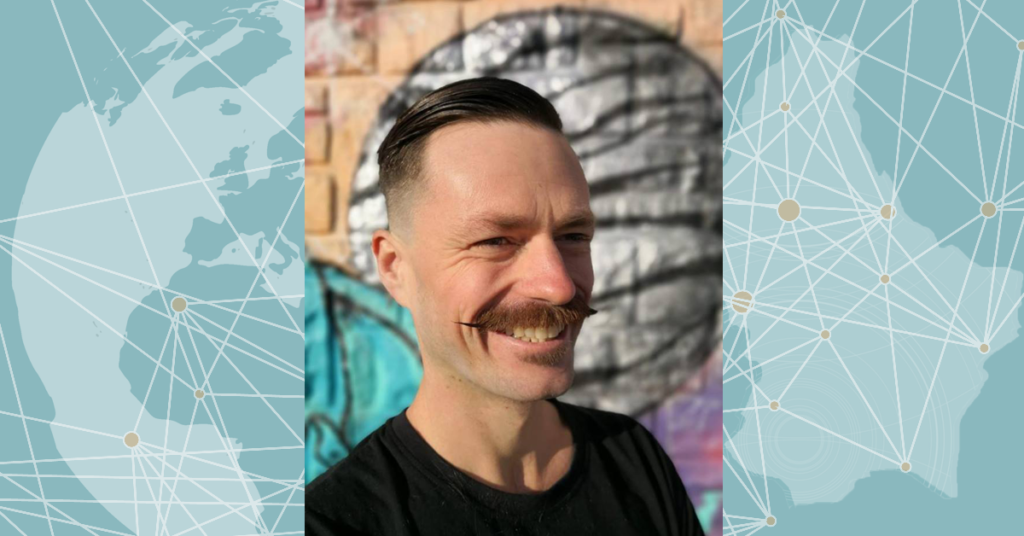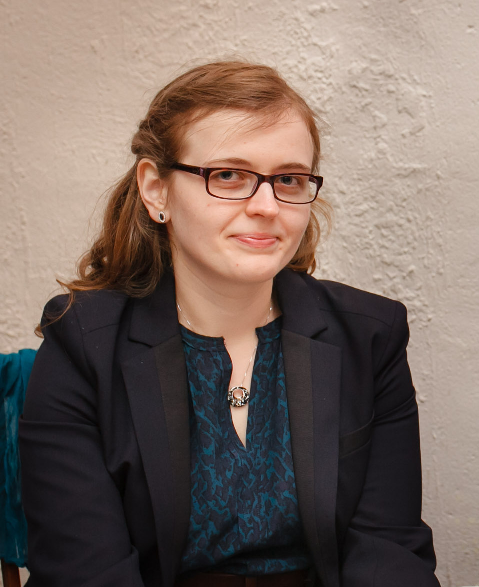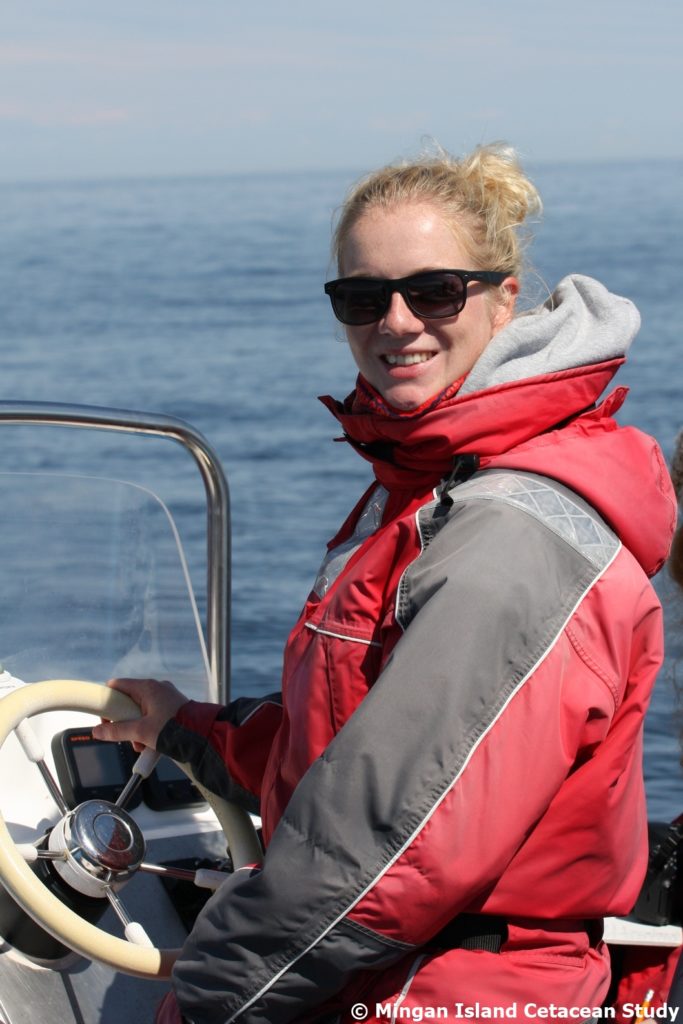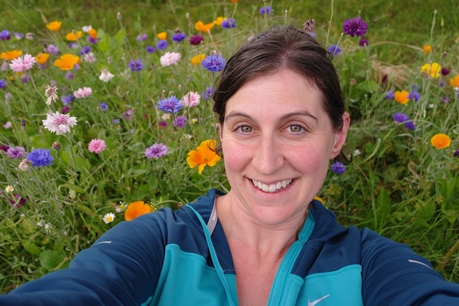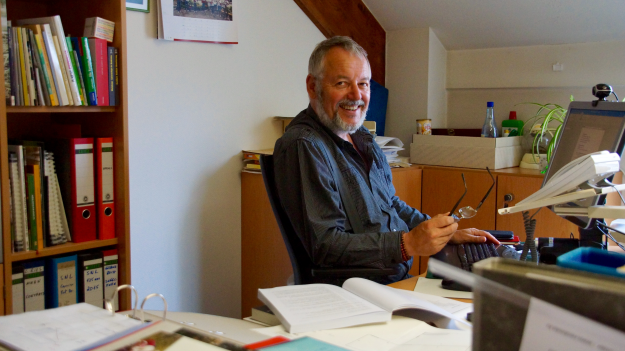
The first days of September 2017 were full of excitement for Dr Enrico Benetto. The 8th Life Cycle Management Conference he had brought to Luxembourg City was an enormous success. More than 700 participants from 46 countries had accepted his invitation to discuss sustainability. Prominent keynote speakers like the Swiss adventurer Bertrand Piccard and the founder of Global Footprint Mathis Wackernagel inspired the audience. The most emotional moment for Benetto came quite unexpectedly when Grand Duke Henri of Luxembourg graced the hall of the European Convention Center Luxembourg (ECCL) to attend the closing event.
Benetto heads the “Environmental Sustainability Assessment and Circularity” department at the Luxembourg Institute of Science and Technology (LIST). He organised the conference together with the University of Luxembourg and ArcelorMittal. The conference was supported by the FNR, the European Investment Bank and the Luxembourg Ministry of Economic Affairs. The theme of the three-day event was “Designing sustainable technologies, products and policies: from science to innovation”.
Benetto says: “Putting a figure on every single step from raw material extraction to disposal, and then asking what is the bottom line for people, for the environment and the economy: that is the idea behind Life Cycle Management.”
He and his colleagues are developing various tools and concepts for this purpose. In order to make products or technologies more sustainable, one should know all the points where it makes the most sense to start.
The entire life cycle is important
“Life Cycle Management is beneficial to the industry. It allows you to assess the impact of your products on the environment,” the scientist explains. It is crucial to look at the complete picture – from production to recycling. That is the only way to prevent optimisations at the front from tearing at the back.
“Life Cycle Management is also important for political decision-makers,” Benetto continues: “It enables them to see the connections, to understand the overall benefit of a technology or product, and to know when and how to intervene.” A third aspect, he emphasises, is that “Life Cycle Management is furthermore helpful to consumers. It makes them aware of the role they play, and how they affect the sustainability of our economy by using or indeed not using technologies.”
Benetto’s prime example is electromobility. Analysis of the life cycle starts at the very beginning with locating, sourcing and refining the raw materials that go into manufacturing a battery, continues in the pathway from primary products to the finished battery, and carries on throughout the battery’s entire service life all the way up to its upcycling, recycling or disposal. Where the energy comes from to charge the batteries is also taken into consideration. Whether from Germany or Norway, using grey fossil-based electricity or green hydroelectric power: all of these factors influence the outcome of the analysis.
Life Cycle Management is of course not limited to electromobility. It can be adapted to all different industries and sectors to help in making decisions, for example in the hydrogen industry or in renaturing urban areas, in agriculture or in the chemicals industry. Moreover, the goal in each case is to give decision-makers a means at hand to compare different options and ultimately select the best ones.
Relation to the “real” world
Benetto was still a PhD student when the first Life Cycle Management Conference was held in 2001. Ever since he has been following the series of events attentively. Then, in 2013 at a conference in Göteborg, came the enticing question of whether he might want to organise the event for 2017. An opportunity that Benetto couldn’t possibly pass up.
“It was an excellent occasion to raise awareness of our work, of all that we had done over the past ten years. The conference also fits in perfectly with the strategy we are pursuing at LIST. Purely scientific events often have no connection to the real world and to the actual users. The Life Cycle Management conference, however, connects research with industry and politics. A combination that comes first at LIST.”





This success story originates from the FNR 2018 Annual Report – view the Annual Report as PDF or interactive digital version
RESCOM
Through RESCOM (Scientific Events), the FNR supports communication between researchers to promote scientific outcomes. Co-funding is awarded for the organisation of International Scientific Conferences and lecture series taking place in Luxembourg, involving the international research community.
DOMAIN: SR – Environmental and Earth Sciences
CALL YEAR: 2014
FNR COMMITTED: The organisation of International Scientific Conferences
PERIOD: 03.09.2017 to 06.09.2017


